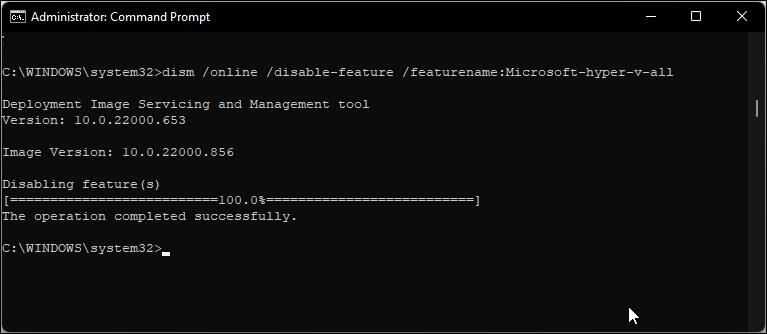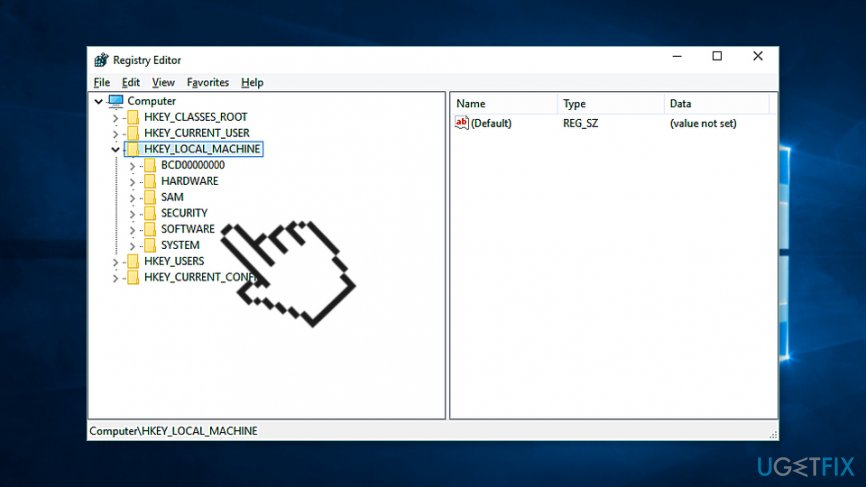
FreeIPA aims to provide those 3 in a centrally managed fashion.

IPA Stands for Identity, Policy, and Audit.

In this article we will learn some very basics about FreeIPA & will go through some hands-on ! Well things get pretty hard I guess, How about if we can have a system that has a central identity info, maybe that would be easier to solve our stated problem.No worries, FreeIPA is here to help you by solving the problem. But how about 3 users become 300 or 3000? How can you manage them? Easy right? You can easily manage their Identity Access. You have to manage the identity of those 3 users. Suppose you are at the IT department for a Software Company. Run the command vncserver-virtual -clean before uninstalling VNC Connect to delete stale files.We have 3 users, Jhon, Doe, Mike. *VNC Server in Virtual Mode creates a /tmp/.X11-unix directory and /tmp/.X files that may persist after the program stops.

Note any remaining files are managed by Windows as part of the Driver Store and should not be manually removed. *VNC Mirror Driver has been uninstalled if it is no longer listed as a display adaptor in Windows Device Manager. HKEY_CURRENT_USER\Software\Policies\RealVNCĪ firewall entry for Listening VNC Viewer HKEY_LOCAL_MACHINE\Software\Policies\RealVNCįor each user account running VNC Connect It assumes an original installation to the default location. The below tables list the (benign) files and settings that remain, which you can manually remove. The uninstaller(s) remove all program files, and security-related files and settings. Removing VNC Connect configuration and other files

Running the Uninstall VNC Server app, by opening Finder -> Applications -> RealVNC.sudo yum remove realvnc-vnc-server (RedHat and CentOS).sudo apt remove realvnc-vnc-server (Debian and Ubuntu).You can uninstall VNC Server for Linux by running: Control Panel -> Add/Remove Programs (Windows 7 - 8.1).You can uninstall VNC Server for Windows by using: First run the uninstaller(s) in the standard way for your platform.


 0 kommentar(er)
0 kommentar(er)
